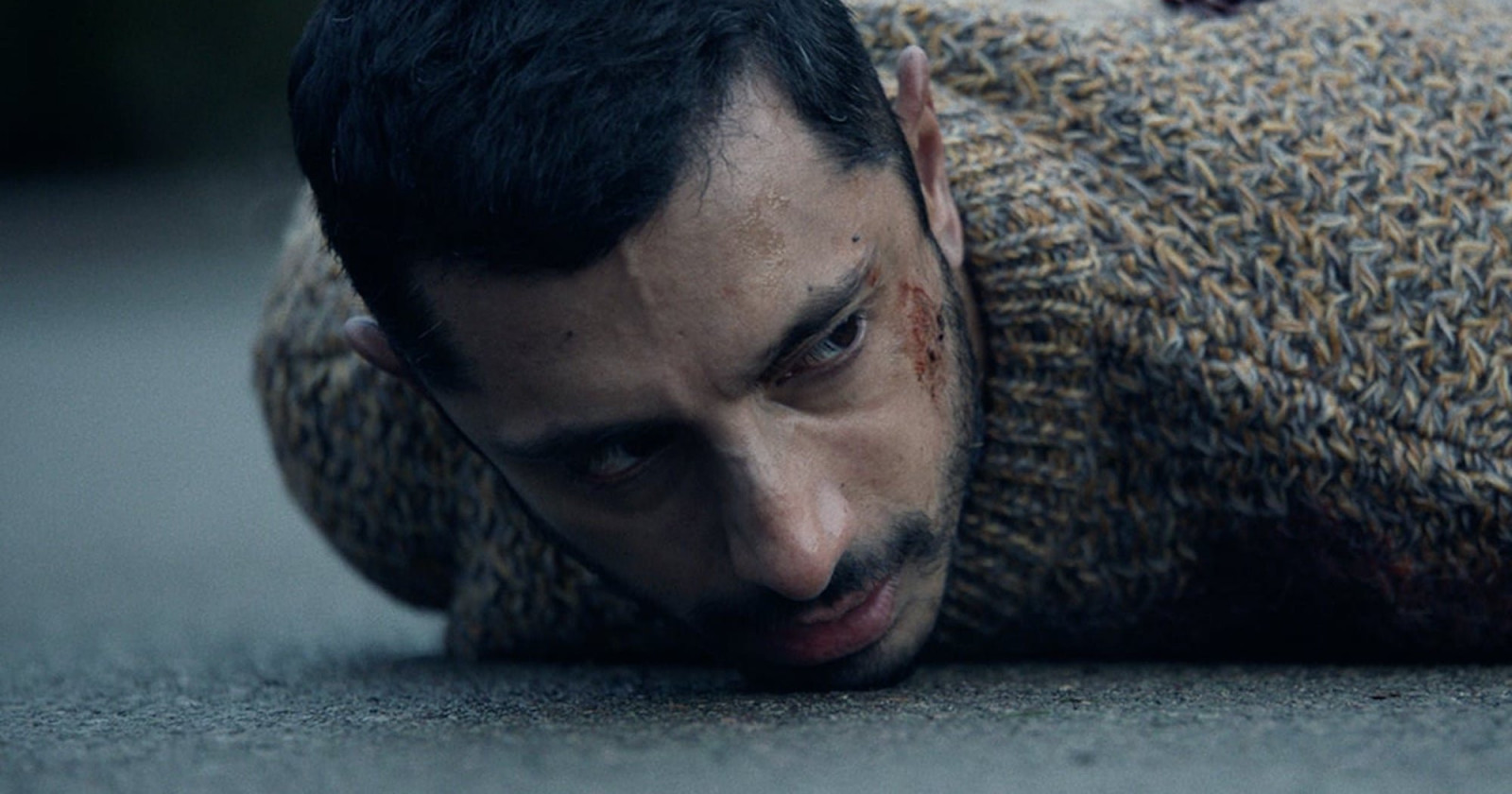
Aneil Karia, the director of the Oscar-nominated short "The Long Goodbye": Tangible anxiety25.03.2022
The Long Goodbye is set in the not so distant future. Riz and his family are in the middle of a typical family day in their house in the UK. Suddenly, a far-right march comes at their front door, and their arrival leads to devastating repercussions. Aneil Karia's film is an accurate social commentary on today's world hate and racism.
The Long Goodbye was directed by Aneil Karia (Surge, Beat, Top Boy), and it was co-written and produced by Riz Ahmed (previously nominated for an Oscar for his role in Sound of Metal), who also plays the main role in the film. Ahmed delivers a phenomenal, stifling monologue that sums up the current situation of minorities in the UK. The Long Goodbye is available on YouTube in full.
You have had an incredible festival run with your award-winning short The Long Goodbye. What does it mean for you to get such a stunning response to your film?
It means a lot. The journey from the film’s conception to its execution was quite rapid and intense, which meant that we didn’t have a lot of time to consider its life beyond simply making it. The Long Goodbye felt personal to us, and we knew that the themes felt so timely and potent, which lent urgency and fervour to the filmmaking process. We knew we just wanted it to be out in the world, living and breathing. It wasn't for the awards or praise; it was this compulsion to get it out into the world as a kind of response to the toxic, insidious rhetoric that seems to define our everyday life.
We knew the film would be uncompromising and challenging to watch: sometimes you don’t know if that’s going to push people away. But the affection the film was met with was unimaginable.
Can you tell us a little about The Long Goodbye? How did this film come about?
I had previously made a film called Trouble in collaboration with the rapper and actor Kano, whom I met when I was directing Top Boy. Riz Ahmed was a fan of it and wanted to meet me as a director, so at some point we had a joyful chat. Not long after we had met, he came to me with the idea of making a film. We had several long conversations in cafes drinking tea – there was a lot of common ground on the themes and emotions we wanted to explore, specifically how it felt to be British Asian in an increasingly poisonous political climate. Riz is incredibly articulate, and I enjoyed hearing feelings that I would have wrestled with to put into such perfect words. I went away and came up with three very rough ideas, one of which was the bare bones of the film we ended up making. We covered the subject in-depth and began to craft it into the film it became.
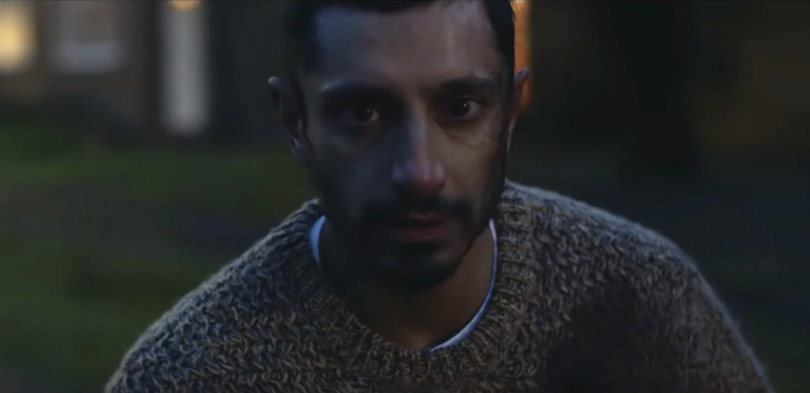
When co-writing a screenplay with your actor, how important is the collaborative nature between you both?
It’s interesting because we were two people who previously didn’t know each other, and suddenly we created something pretty intensively together. Luckily for us, I think we share a quite instinctive creative approach. Riz is very bright, intelligent, and has an incredible mind, so collaborating with him is a magical and intimidating experience. I think we discovered a priceless dynamic between us because Riz would operate at 1000mph and have all these incredible ideas. They would come thick and fast, and I ended up being this filtration system, processing them and honing in on certain ones. We had a very effortless time in the end. Now, when I look back, I believe we were thrashing it out together! When you’re still getting to know someone, there can sometimes be a stilted dynamic or this danger of offending. But from the get-go, we were lucky enough to have a very open kind of communication. We could candidly interrogate ideas, then either delve deeper into them or move away from them completely.
There wasn’t a traditional script. What I ended up with was quite a dry Excel document, with basic information about what was happening in each scene, who was in it, where it was taking place.
As a filmmaker, do you allow yourself much flexibility with your screenplay once you start shooting or do you like to stick to what is written?
With this particular project, flexibility was part of the entire approach. Naturalism was crucial to pulling the emotional journey off. We had to pull the viewer into an authentic, tangible world. There wasn’t a traditional script. What I ended up with was quite a dry Excel document, with basic information about what was happening in each scene, who was in it, where it was taking place. The idea was that we all had a clear sense of the point of each scene – and where it began and ended – but that we left enough freedom for nuance, unpredictability and instinct to come through. During the casting, we tried to find people comfortable with improvisation or with the unknown. The actors brought much magic to the film.
Where does your passion for filmmaking come from?
I didn’t have a particularly artistic background. I remember being told not to do Art GCSE because I couldn’t draw a good apple, which is ridiculous when I think back! Anyway, I loved watching TV - I got hooked on soaps, then later discovered dramas by people like Jimmy McGovern and Paul Abbot. We did not have cable or anything – but when I went round mates who did, I adored watching music videos – I could have watched them for hours. The thing is, I did not connect the love I had for cinematography with the idea that people actually made these productions for a living. It was too abstract a concept for me back then! But yeah, in hindsight, that is from where all the passion came.
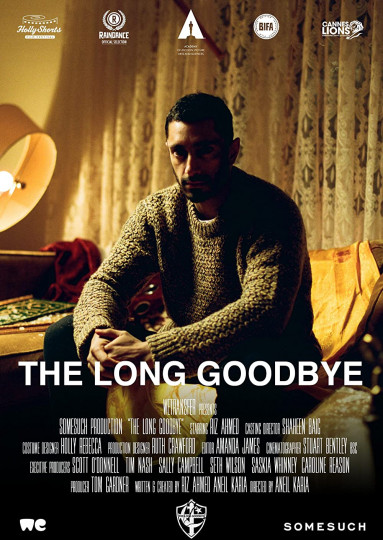
How has your approach towards your films, both as writer and director, changed since your debut short?
Probably quite a bit. Although, when I look back, I think there are consistencies between what I was doing 8-9 years ago and what I am doing now. Even when I was making my first short, Beat, I was trying to embrace the rawness of real streets by shooting with long lenses. I was trying to allow for the unpredictable real-life elements to come through. And again, I did not write a traditional script, I have just described the scenes. The entire approach of that film was to create freedom for the actors and allow them to inhabit the film's world as comprehensively as possible. That is still what I try and do today. What I have become better at is working with the actors and also at trying to find a naturalistic way to tackle dialogue. I think that has grown through the films. I have avoided dialogue in the early days!
Should young filmmakers have a responsibility to tackle critical social and political issues?
I think I would be hesitant to tell filmmakers they have to start viewing their filmmaking through the prism of social change. It is a great thing to be doing with your craft, but I think when you are a young filmmaker, you should be allowed to figure out your voice. That said, the generation below me feels so much more politically conscious and informed than I was at their age. I am endlessly amazed by how they seem to have a deep understanding of politics and the systemic problems that riddle our society. Moreover, it is not just an understanding as they seem to be more engaged and ready to change that. They put more energy and time into doing so than I did, which is truly inspiring. But I don’t think they should feel compelled to do that.
What do you hope people will take away from The Long Goodbye?
I think for a lot of people, particularly our older generations, the fears that the film brings to life are not fictional, abstract anxieties. The film represents real, tangible anxiety that lives in the back of our minds. The toxic rhetoric that permeates mainstream politics these days is continually fuelling this fear. It lends a heaviness to the existence of some parts of society that a lot of people wouldn’t understand. Even though daily express headlines might seem trivial, in one sense, they are all contributing to a landscape that is exhausting and hugely unsettling for hundreds of thousands of people.
see also
- „A Short Story About Bullying”. We Spoke to Jay Rosenblatt, the director of the Oscar-nominated short documentary
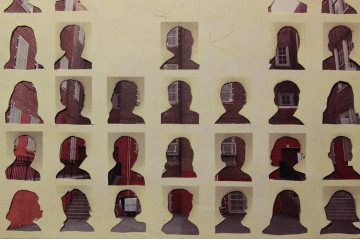
People
„A Short Story About Bullying”. We Spoke to Jay Rosenblatt, the director of the Oscar-nominated short documentary
- Kinga Syrek, the author of "Too Late": The art of discipline
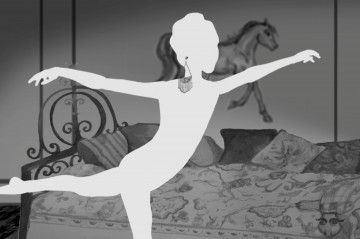
People
Kinga Syrek, the author of "Too Late": The art of discipline
- Films of Future Past
Opinions
Films of Future Past
- "Connected": New Netflix Documentary to Explain Surprising Connections Governing the World
News
"Connected": New Netflix Documentary to Explain Surprising Connections Governing the World
discover playlists
-
Nagrody Specjalne PYD 2020
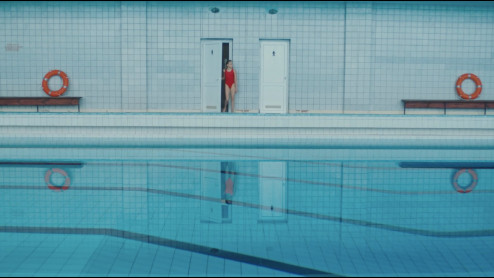 02
02Nagrody Specjalne PYD 2020
-
Papaya Films Presents Stories
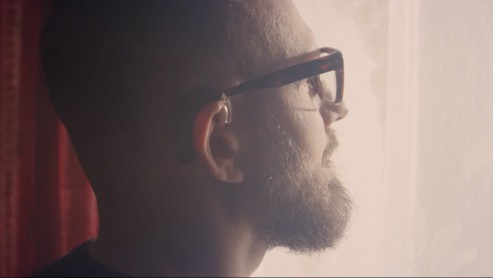 03
03Papaya Films Presents Stories
-
Original Series Season 1
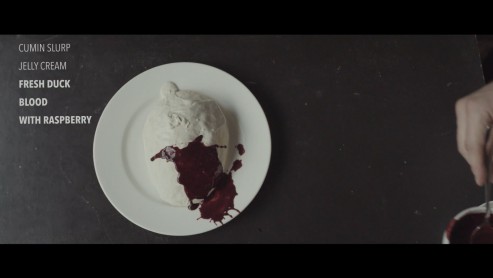 03
03Original Series Season 1
-
Nowe utwory z pierwszej 10 Billboard Hot 100 (II kwartał 2019 r.)
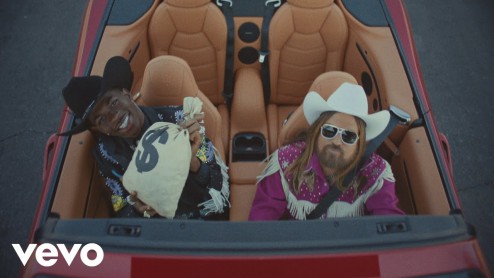 15
15Nowe utwory z pierwszej 10 Billboard Hot 100 (II kwartał 2019 r.)
